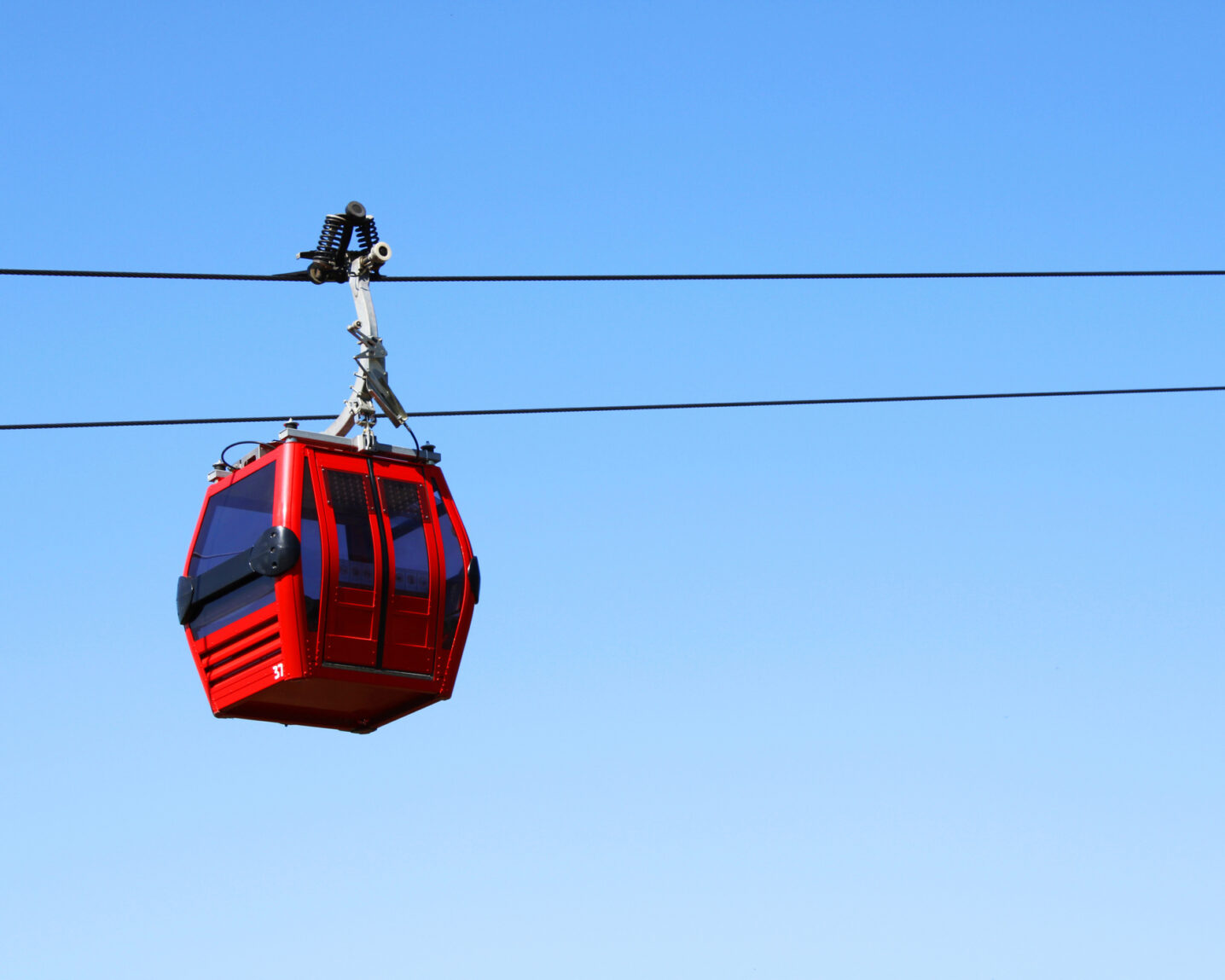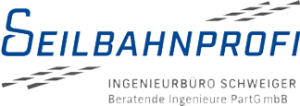Urban city connection Kelheim (feasibility study for a cable car system in Kelheim)
Together with TTK GmbH, Ingenieurbüro Schweiger and MOJA Design GmbH, Rebel carried out a feasibility study on the optimisation and expansion options for the planned cable car system.

The challenge
The approach
Rebel conducted a comprehensive cost-effectiveness analysis to compare the preferred cable car option with alternative modes of transport. This included examining options such as expanding the bus network, extending the autonomous shuttle service “Kexi,” improving bicycle infrastructure, implementing a tram connection, and combining these measures to best meet future transportation needs.
Additionally, Rebel carried out a cost-benefit analysis, which serves as the basis for a standardized evaluation, including demand modeling. Furthermore, Rebel analyzed available funding opportunities to provide targeted support to the Kelheim district in realizing the cable car project.


Impact
We developed comprehensive analyses to create attractive and sustainable alternatives to private car usage.


